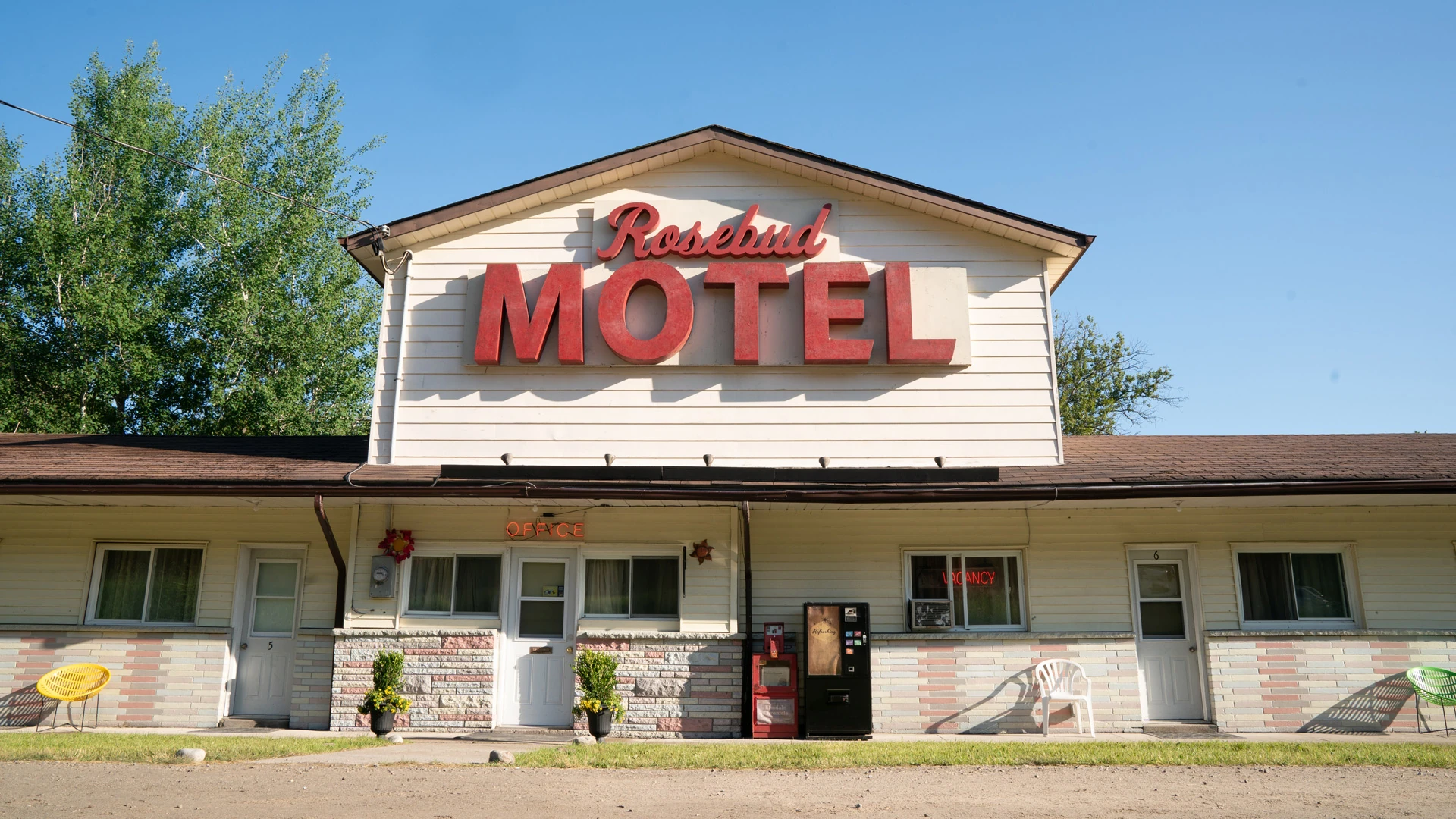 |
| St. Catherine's Monastery, Sinai |
A friend—two friends, actually—have recently casually condemned the monastic life: “Faith without works is dead. Self-awareness without action is….? a retreat to the monastery.” And: “At this point in time [nothing] is worse than a retreat to a monastery - it is an abdication of responsibility as an enlightened human to help Earth and to be an active part of Earth.”
This especially perturbs me, as I believe monasteries are of great value, and the solution to many of our urgent problems.
When one retires to a monastery, one is of course not withdrawing from Earth. One is withdrawing specifically from the social life. One is withdrawing from at least one, presumably three, of the great temptations: “the world, the flesh, and the devil.” We are told to be “in the world, but not of it.” That’s what the monastery offers.
Recall too the example of Martha and Mary: in calmly worshipping rather than puttering about, Mary had chosen the better part. “The wicked will not rest.”
Nor is one withdrawing from good works by withdrawing from social life. Monasteries perform many good works.
The greatest value of the monastery, and the reason we have urgent need for them, is as a refuge for the persecuted. Many families are dysfunctional. This is, I submit, on the evidence, the cause of most if not all of what we call mental illness. At least, more broadly, bad life situations, bad social situations, are the cause of “mental illness.” Unfortunately, especially for the young, we have nowhere to go—to escape, to get a little quiet, a chance to get away from the incessant noise and sort things through. Mental hospitals failed at this—and in any case, have all been closed down. As have the orphanages.
As a result, many lives are lost, many live in unending torture, many are unproductive who might have given much. Many explode, lash out, and cause further harm to themselves and others in chain reactions unto the fourth genertion.
In earlier times, there was a safety valve. “Get thee to a nunnery.” It was so obviously valuable that it emerged independently in most societies: in the Buddhist East, in Sufism, in the Hindu ashram, as well as in Christianity East and West. We need that desperately. Society needs that desperately.
We need it for social justice.
Justice means everyone gets their just desserts, what they merit: meritocracy. “Social justice,” a Catholic concept, amends this by pointing out that all humans deserve respect and a decent life, even if they are not contributing to society.
Monasteries provide this element: the poor can always find a home and respect in a monastery. Monasteries have automatically taken in the disabled, infirm, orphaned children, or the congenitally incapable; and given them a purpose and a community. Monasteries were the first hospitals. They are also the only successful “communist” or “socialist” societies.
Monasteries are also centres of learning. The life of the mind is not just a good work; it is an exponentially better work than merely feeding the poor at your door, or in your neighbourhood—which they also do--on the old but true saw that, if you give a man a fish, he eats for a day; but if you teach him to fish, he never goes hungry. They teach and preach, give meaning, and they preserved civilization itself through the dark ages when the Roman Empire collapsed. They are the one place where an artist can make a living at his or her art. They are responsible for many scientific discoveries and civilizational advances. They were the original libraries, and the original universities.
In this, as a centre of learning and study, the monastery is still a better option than the university. The modern university is plagued with politics and careerism. The university has gone astray without its religious mission. The monastery preserves the necessary detachment and objectivity, and the absence of the profit motive.
And the downside is—what? As an individual, if the monastery turns out to be abusive or unpleasant—you just pack up and leave. This is why, uniquely, they work as communist societies. Because they are purely voluntary.
Monasteries have shown that they can be self-sustaining. They don’t have to take tax money. They don’t cost the government anything. In fact, their great financial success is why they are now rare. Governments worried about their growing power, and coveted their assets. The same problem encountered by the Knights Templar, and the Jews: the dangers of success.
How can we revive them?












